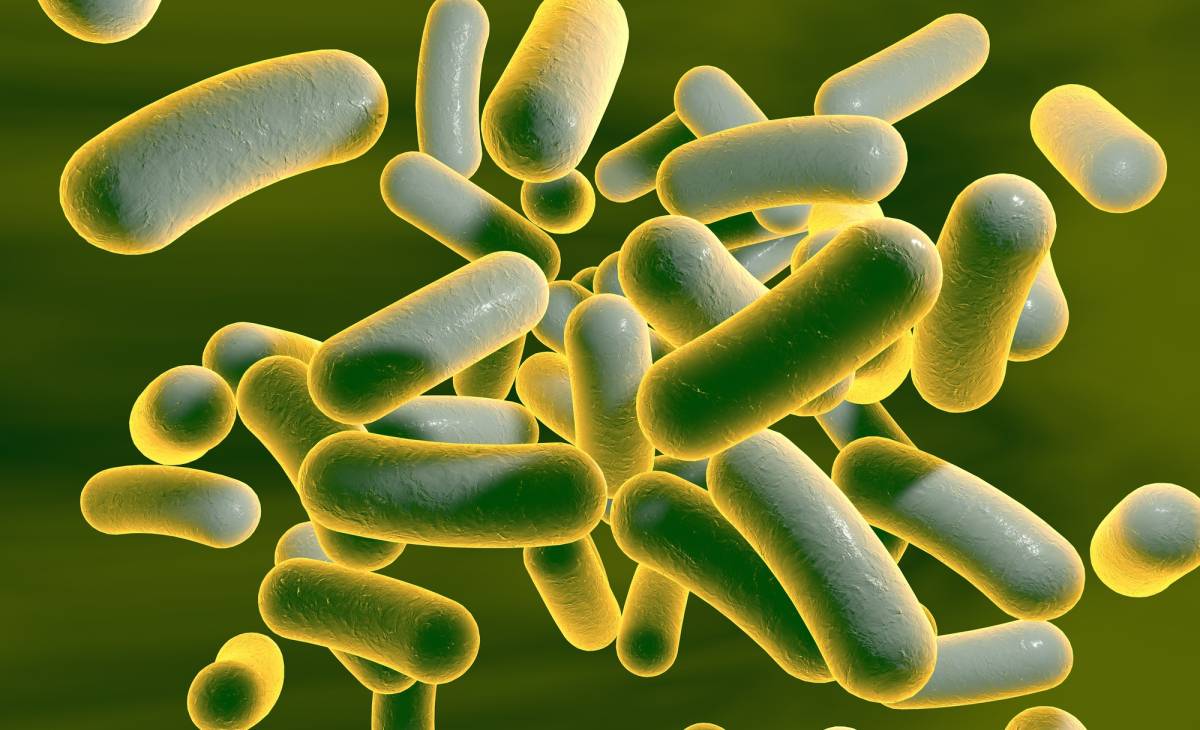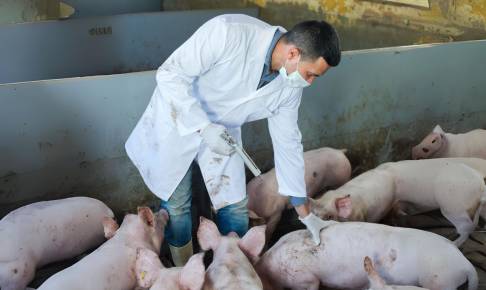Food safety may be jeopardized by genetically modified bacteria
Despite being illegal on the European market, contaminations with genetically modified microorganisms (GMM) have been found in a variety of commercial microbial fermentation (FE) product types, according to a new analysis published by Belgian researchers. Several of these contaminations are linked to a genetically modified (GM) Bacillus velezensis used to generate a food enzyme protease, for which genomic characterization is still insufficient, and it is unclear if these contaminations have a common source.
The researchers were able to comprehensively describe 10 GM bacterial isolates collected from various commercial FE products by integrating a number of bioinformatics methodologies employing short-read and/or long-read data, backed up by experimental evidence. The comparative tests based on single-nucleotide polymorphism (SNP) and whole-genome analysis revealed that the isolates are likely descended from the same parental GM strain. Hence, they concluded that the GMM isolates from various FE products are genetically nearly similar, indicating that they are all descended from the same mother GMM strain.
The presence of viable GMM containing antimicrobial resistance (AMR) genes was discovered in four commercial FE products in this investigation, and the findings were submitted to the EU through the Rapid Alert System for Food and Feed (RASFF) notifications. The researchers stated that these results pose major food safety and public health issues, which are exacerbated by the fact that the AMR genes are carried on a free plasmid, increasing the potential of AMR spreading by horizontal gene transfer.
Source:
https://www.mdpi.com/2304-8158/10/11/2637/htm#B6-foods-10-02637






















